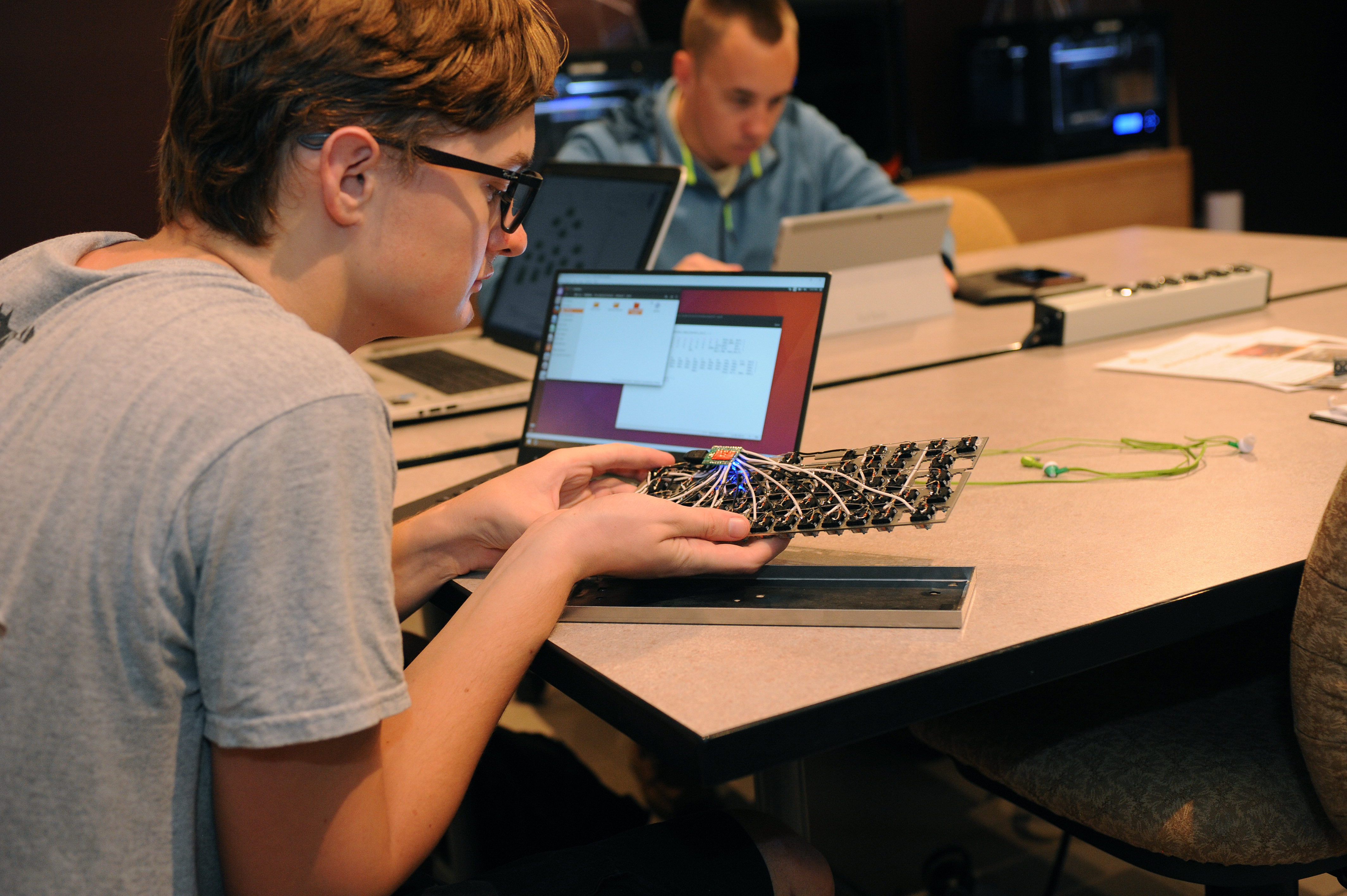Document Type
Conference Proceeding
Publication Title
Proceedings of SPIE - the International Society for Optical Engineering
Abstract
Theoretical and computational results have demonstrated that several types of neural networks have the universal approximation property, i.e., the ability to represent any continuous function to an arbitrary degree of accuracy, given enough hidden units. However, practical considerations, such as the relative advantages of different networks for function approximation using a small to moderate number of hidden units, are not as well understood. This paper presents preliminary results of investigations into the comparison of networks using sigmoidal activation functions and networks using radial basis functions. In particular, we consider the ability of several such networks to learn mappings from the unit square to the real interval [0,1].
First Page
61
Last Page
72
DOI
10.1117/12.235903
Publication Date
3-22-1996
Recommended Citation
Russell, G., & Fausett, L. V. (1996). Comparison of function approximation with sigmoid and radial basis function networks. Paper presented at the Proceedings of SPIE - the International Society for Optical Engineering, , 2760 61-72.


